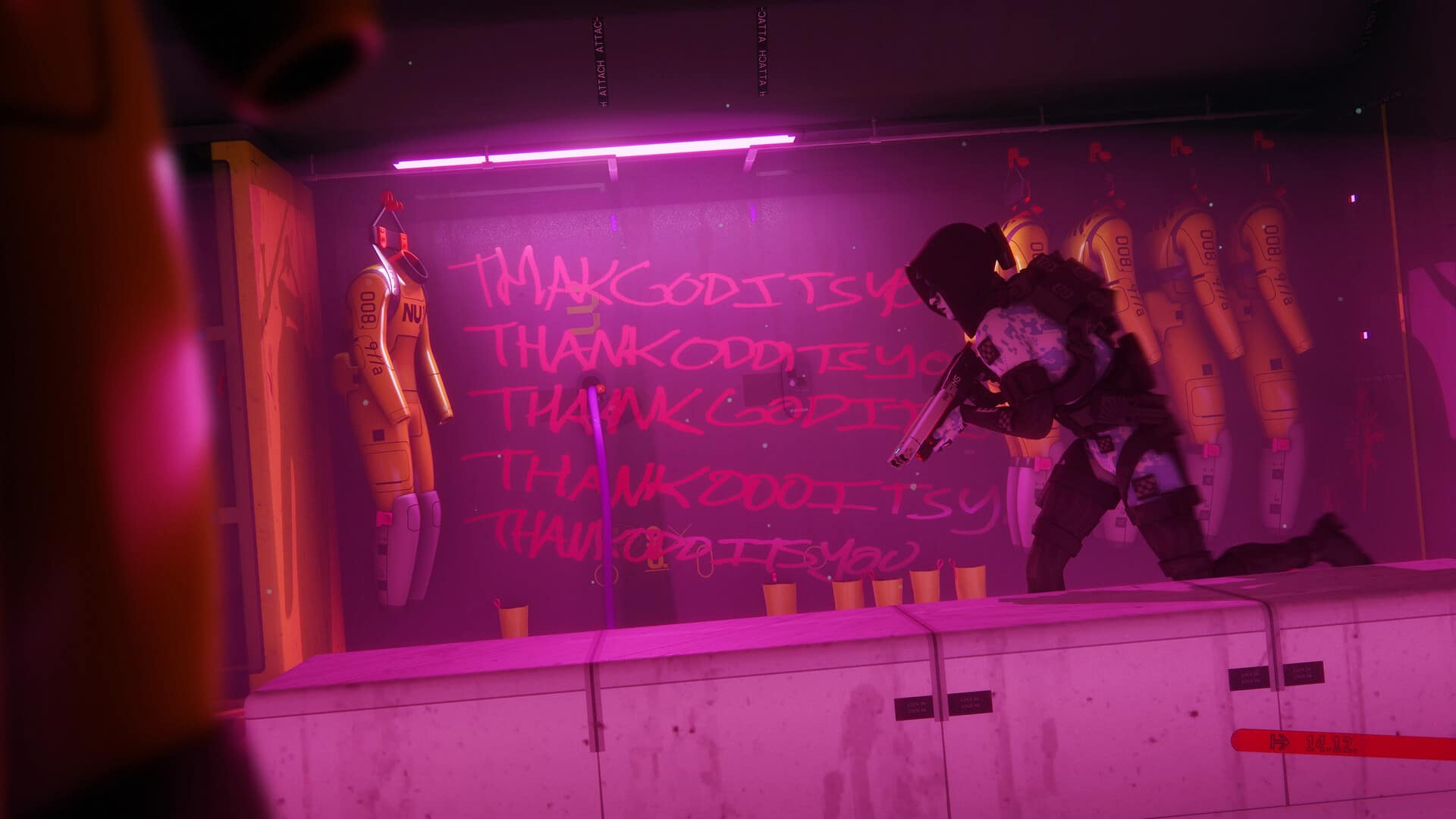Adi Shankar is taking on Duke Nukem, and it's clear from the outset he's ready to stir things up. His recent acquisition of the Duke Nukem rights signals not just the return of a classic gaming icon but a complete transformation of the character. In his own irreverent style, Shankar has even humorously warned the nostalgic fans, stating outright on social media, "I apologize in advance, you're not gonna like what I'm gonna do." But could his irreverent approach actually breathe new life into a dated video game hero?
There's no denying that Duke Nukem is an iconic ’90s figure, famous for his muscular physique, exaggerated machismo, and a penchant for saving the world from alien invasions—all while delivering cheeky one-liners and rescuing damsels in distress. Yet, billions of pixels have passed beneath our screens since Duke’s 1991 debut, and his bravado and outdated stereotypes don’t quite mesh with today’s more nuanced gamers. Enter Adi Shankar, a creator acclaimed for respectfully reimagining classic video game characters in modern formats, most notably with Netflix’s critically praised Castlevania series and the equally sharp Devil May Cry adaptation.
However, Shankar isn’t here to play gentle and nostalgic. Far from it, he's clear about ditching the stereotypes, noting in provocative online conversations that Duke Nukem, for him, will serve more as a "middle finger" than a nostalgic throwback. This kind of sharp commentary might raise eyebrows, but, knowing Shankar’s past successes, it suggests that he intends something deeper and respectfully iconoclastic—dismantling traditional gaming stereotypes while reasserting Duke’s character as satire, social commentary, and unapologetic rebellion.
Shankar didn’t waste time to respond to the "purists" on social media, playfully mislabeling Apogee Software (creator of the original Duke Nukem) as "Apache" to provoke the purists into a playful yet meaningful discourse. His "Apache versus Apogee" joke, delivered deadpan but with an unmistakable wink to those progressively-minded fans, highlights his willingness to challenge conventions not just within the story but also within the gaming industry discourse itself.
Given his reputation as an innovator and disruptor, we can anticipate a Duke Nukem adaptation that strips away the outdated cultural baggage and replaces it with biting contemporary humor, brutal social commentary, and sharp satire. Duke Nukem, as Shankar noted in a recent Esquire interview, inherently mocks the attempt to turn rebellious gaming into marketable commercial properties.
In his view, the Duke Nukem brand can't—and shouldn't—be sanitized to fit neatly into corporate molds, and that's precisely why Adi’s control promises to revitalize the character so effectively. His adaptations are famously successful precisely because he values creative liberty, refusing to bow under corporate pressures. He's not simply adapting Duke Nukem; he's reimagining him audaciously and courageously for an audience far beyond unaffectionate nostalgia.
Today's gaming audience is sharply attuned to thoughtful, self-aware narratives alongside fast-paced action. Duke Nukem, in his traditional 1990s form, risks becoming nothing more than a kitschy homage lost to time. But, in the capable hands of Shankar, it has the potential to embolden itself as cutting-edge satire, a creative commentary punching above its commercial weights.
Critics might dismiss these radical changes as unnecessary provocations, but historically, true innovation rarely comes gently, especially within the gaming world. Shankar’s bold vision, unapologetic enthusiasm, and penchant for subverting expectations—and gently baiting fans online—indicate that Duke Nukem’s reincarnation will not simply play it safe. Instead, Duke Nukem's forthcoming adaptation promises to not merely save the brand, but liberate it from its own past.
Ultimately, the revival of Duke Nukem under Adi Shankar seems to promise a middle finger not just to censorious corporations but to stale nostalgia itself, daring fans to embrace a character not frozen in the past but dynamically reborn for the modern gaming scene. Let the controversies begin—Adi Shankar’s Duke Nukem is coming, ready once again to kick ass and chew bubblegum—but this time, he’s all out of clichés.
